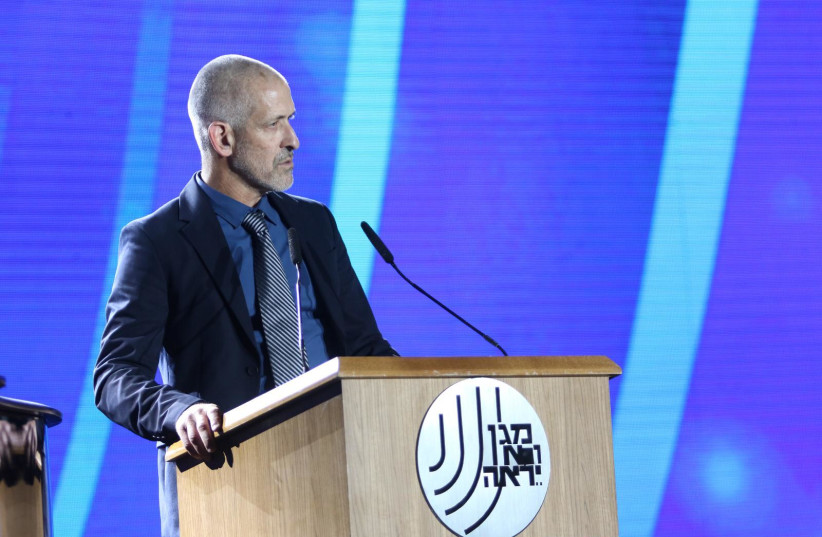The Shin Bet (Israel Security Agency) thwarted 172 substantial terrorist attacks in the last year, while failing to stop seven, agency chief Ronen Bar said on Tuesday at an intelligence community awards ceremony.
According to Bar, the attacks the domestic spy agency prevented ranged from shootings to bombings and suicide attacks, each of which could have led to several civilian deaths.
He said the Shin Bet’s fighters engaged in direct combat with enemy fighters in “Shechem [Nablus], Jenin and Jaffa,” among other places.
The mention of Jaffa went beyond the standard script that focuses on the West Bank and Gaza. However, this past spring saw a wave of terrorism within Israel’s Green Line, including in Jaffa.
Prime Minister Yair Lapid credited the Shin Bet, along with the IDF and the police, with halting or mitigating the wave of terrorism.

<br>"The field is boiling"
Bar warned that “the field is boiling” in reference to flashpoints between Israel and various adversaries.
“Hamas will not be quiet until it ignites Judea and Samaria” against Israel and “Iran will not be quiet until it succeeds at killing” Israelis or Jews in one or more locations in the ongoing conflict.
“Usually we do not know or hear about your actions day and night, but so many people owe you their lives without knowing it.”
President Isaac Herzog
He said that the 14 awardees, 10 men and four women, were a critical part of the Shin Bet’s various arms for maintaining security and holding back the tidal wave of threats.
President Isaac Herzog said, “I am shocked anew every year by your daring and creativity,” adding that the varied areas where the Shin Bet protects Israelis are complex, diverse and require new ways of thinking, at which the awardees excel.
“Usually we do not know or hear about your actions day and night, but so many people owe you their lives without knowing it,” Herzog said.
Lapid added, “Only those who are exposed to the full dark intelligence know how good you are” at preventing terrorist attacks.
“S,” who received an award for his success in recruiting spies in the West Bank and Gaza from Hamas and Islamic Jihad cells, said the feeling of savings lives and protecting the country was what made it possible for agents to complete dangerous and challenging missions on a 24-hour, seven-days-a-week basis.
Other honorees included “Y,” who is the head of the cyber operational unit and led two specific crucial operations, including developing new technologies applications that are expected to be used in future operations.
Additional honorees included, among many other, “R,” who recruits spies in the Ramallah, Jerusalem and Judea and Samaria; “H,” who increased the agency’s information security architecture; and “L,” whose abilities to thwart cyberattacks were described as “mythical.”
